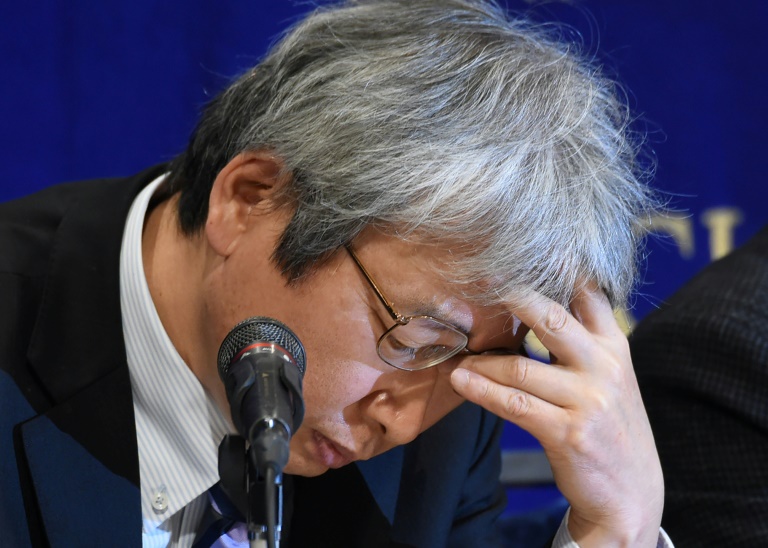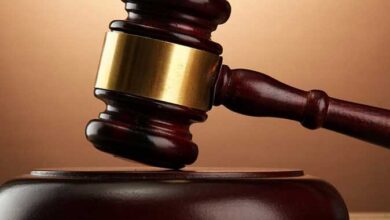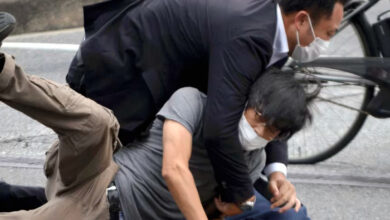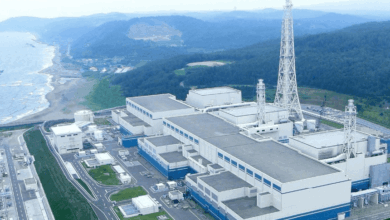
Two lawyers defending former Nissan chief Carlos Ghosn on charges of financial misconduct quit suddenly on Wednesday, the latest shock twist in a case that has gripped Japan and the business world.
There was no immediate explanation as to why the attorneys, who include lead lawyer Motonari Otsuru, were leaving Ghosn’s defense team. Contacted by AFP, the firm declined to comment.
A brief statement said only that “today Otsuru and (Masato) Oshikubo submitted letters of resignation to the court as the defense lawyers for the case of Mr. Ghosn”.
The surprise decision came on the eve of an expected first meeting between the Tokyo District Court, prosecutors, and defense lawyers to discuss the outlines of Ghosn’s trial.
Hot-shot lawyer Junichiro Hironaka, 73, confirmed that he had been asked to join the legal team.
Hironaka is a veteran and celebrated defense lawyer, known for taking on tough and high-profile cases and securing not-guilty verdicts in a country where prosecutors win nearly 99 percent of cases that come to trial.
Among his achievements, Hironaka was involved in the successful defense in 2012 of influential politician Ichiro Ozawa, a shrewd election strategist accused of playing a role in misreporting political funds.
Speaking outside his office, he told reporters: “I met with Mr. Ghosn and I met with his family and they said they want me to take the case. So I accepted.”
Ghosn has been in detention since November 19 and faces charges including under-reporting his compensation and attempting to shift personal investment losses to his employer’s books.
There had been no public sign of a rift between Ghosn and his lead lawyers, though neither the executive nor the attorney have spoken much publicly since the arrest.
Otsuru gave a single press conference after Ghosn made a brief court appearance on January 8 to challenge his ongoing detention.
The owlish defense lawyer cut a cautious figure at the press event, telling journalists that his client was unlikely to make bail before his case came to court, which he said could take six months.
He also pointedly declined to criticize Ghosn’s detention conditions, despite some international concern about the repeated extension of the auto executive’s pre-trial custody.
Otsuru said he was meeting Ghosn regularly for several hours at a time, describing his then-client as focused.
“He’s very calm and logical in his current situation,” Otsuru said.
Although he has taken on some of Japan’s most high-publicity cases, Otsuru is known for maintaining a low media profile and little is known about his personal life.
A former prosecutor, the bespectacled 63-year-old with floppy greying hair earned the soubriquet “the breaker” as he was so good at extracting confessions from suspects.
In a twist of fate, representing Ghosn’s pitted him against prosecutor Hiroshi Morimoto, a former colleague.
‘Story of betrayal’
Ghosn, who has lost his leadership roles at Nissan, Mitsubishi Motors and Renault, denies the allegations against him and slammed his ongoing detention in an interview with AFP and French newspaper Les Echos earlier this month.
The Franco-Brazilian-Lebanese executive said the decision to refuse him bail “would not be normal in any other democracy”.
“Why am I being punished before being found guilty?” Ghosn asked in an interview at the Tokyo detention center.
Ghosn is accused of under-reporting his income between 2010 and 2015 to the tune of five billion yen ($46 million) and continuing to do so for a further three years.
He also stands accused of a complex scheme to try to pass off personal foreign exchange losses to Nissan and using company funds to reimburse a Saudi contact who stumped up collateral for him.
He told AFP that the allegations against him and his arrest were “a story of betrayal,” insisting “there is not one yen that I have received that was not reported.”



